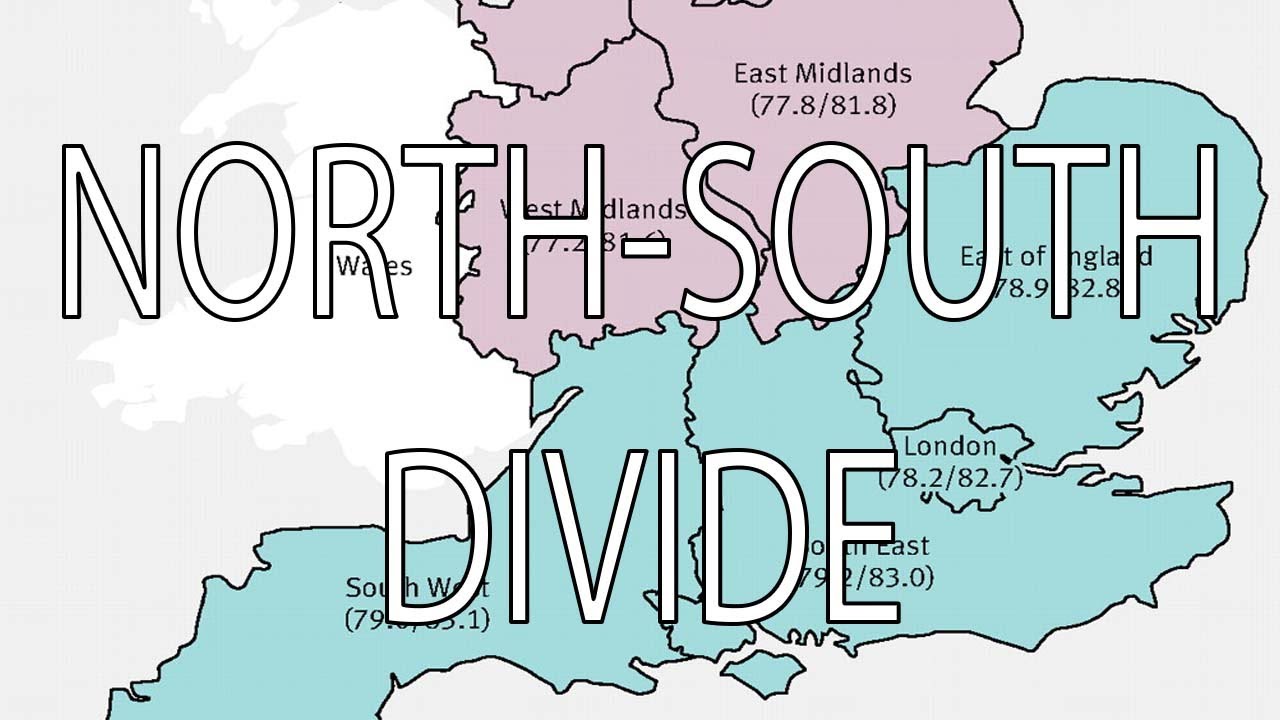The North – South divide is broadly considered a socio-economic and political divide between the developed countries (popularly known as Global North) and the developing countries (popularly known as Global South).
Countries under Global North are United States, Canada, countries of European Union, Israel, Japan, Singapore, South Korea, Taiwan, Australia and New Zealand. Countries of Africa, Latin America and other developing countries in Asia and the Middle East form the Global South. Global North countries are also referred to as collectively — The West or the combination of the First World Country and the Second World Country.
Global South has mostly those countries which are the least developed and/or developing on social and economic fronts. The Global South is less advanced in science and technology compared to Global North. Sometimes in derogative manner, the Global South Countries are called ‘The Third World Countries’.
Actually, it is the Cold-War-era generalization places countries in two distinct groups; the north and the South. The South lacks the right technology, it is politically unstable, its economies are divided, and its foreign exchange earnings depend on primary product exports to the North.
The South’s lack of development and the high level of development of the North deepen the inequality between them and leave the South a source of raw material for the developed countries.The north becomes synonymous with economic development and industrialization while the South represents the previously colonized countries which are in need of help in the form of international aid agendas. Northern countries are using most of the earth resources and most of them are high entropic fossil fuels.
The North (First World Countries)
The North of the Divide is comprised of countries which have developed economies and account for over 90% of all manufacturing industries in the world. Although these countries account for only one-quarter of the total global population, they control 80% of the total income earned around the world. All the members of the G8 come from the North as well as four permanent members of the UN Security Council. About 95% of the population in countries in The North have enough basic needs and have access to functioning education systems. Countries comprising the North include The United States, Canada, all countries in Western Europe, Australia, New Zealand as well as the developed countries in Asia such as Japan and South Korea.
The South (Third World Countries)
The South is comprised of countries with developing economies which were initially referred to as Third World countries during the Cold War. An important characteristic of countries in the South is the relatively low GDP and the high population. The Third World accounts for only a fifth of the globally earned income but accounts for over three-quarters of the global population. Another common characteristic of the countries in the South is the lack of basic amenities. As little as 5% of the population is able to access basic needs such as food and shelter. The economies of most countries in the South rely on imports from the North and have low technological penetration. The countries making up the South are mainly drawn from Africa, South America, and Asia with all African and South American countries being from the South. The only Asian countries not from the South are Japan and South Korea.
Criticism
The North-South Divide is criticized for being a way of segregating people along economic lines and is seen as a factor of the widening gap between developed and developing economies. However, several measures have been put in place to contract the North-South Divide including the lobbying for international free trade and globalization. The United Nations has been in the forefront in diminishing the North-South Divide through policies highlighted in its Millennium Development Goals.









Comment